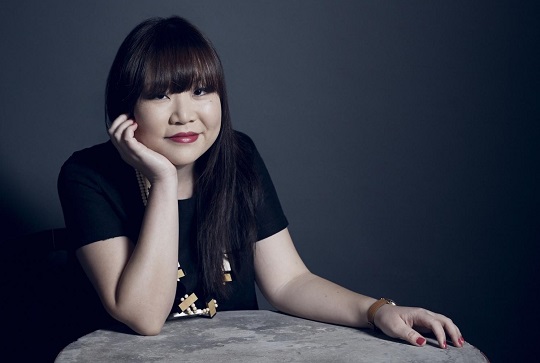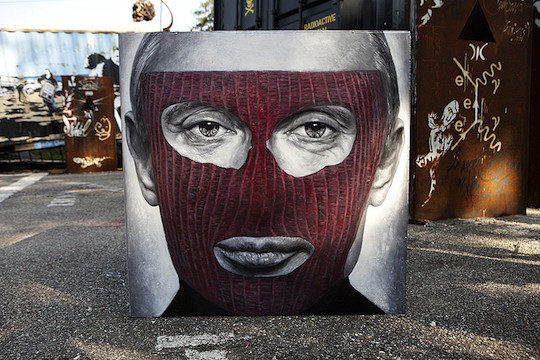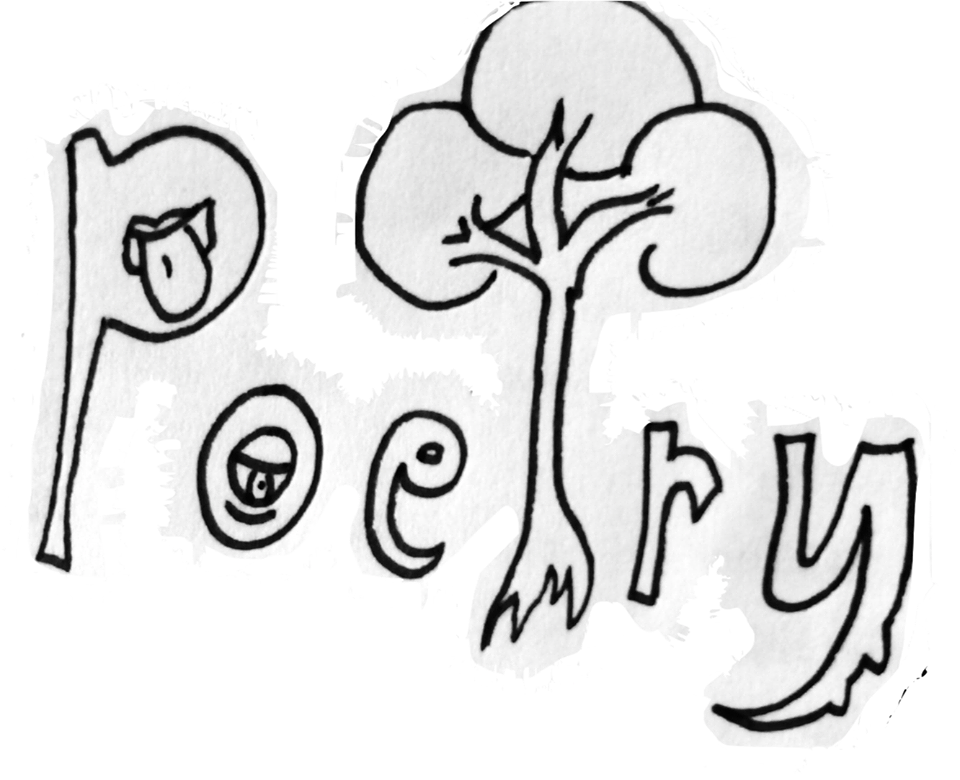This month sees the launch of BooksActually’s Gold Standard 2016—the first edition of a new annual anthology comprising what indie Singaporean bookstore BooksActually considers to be the best short fiction from cult writers of East and Southeast Asia, and the diaspora. Most significantly, the anthology is overtly political: a protest against how Asian writing is curated in the West and an effort to establish a new center for Asian writing within Asia.
Recently, I had the opportunity to speak with Julie Koh, the inaugural editor and co-founder of the Gold Standard. I’ve long been troubled by the problems that arise from editors and publishers outside Asia curating Asian writing (a topic I explored at length here). I was naturally excited when Koh invited me both to translate for and contribute to the anthology, but it was only through our conversations that I got a fuller sense of the passion fueling the anthology’s creation and goals.
—Tiffany Tsao, Indonesia Editor-at-Large, Asymptote
Tiffany Tsao (TT): In its promotional matter, the BooksActually’s Gold Standard anthology describes an attempt at a literary reformation: an effort to “redefine how Asian voices are promoted—providing a counterweight to the often tokenistic way in which Asian writing is curated in the West.” In your opinion, what is wrong with how Asia is currently promoted and curated in the West, and how exactly does the anthology counter it?
Julie Koh (JK): The best way to begin to explain the rationale behind BooksActually’s Gold Standard is with reference to the controversy surrounding The Best American Poetry 2015, where the editor Sherman Alexie discovered that one of the poems picked for publication, by a “Yi-Fen Chou,” was in fact by a white male poet named Michael Derrick Hudson submitting his work under a pseudonym—more specifically, a name he had stolen from a former high school classmate. Hudson was trying to make a point about how the political correctness of contemporary literary culture unfairly favors Asian writers. Alexie ultimately decided to retain the poem, along with the pseudonym, admitting “racial nepotism” as a major reason for his choice.
As an Australian writer of Chinese-Malaysian descent, my reaction to this controversy was one of shame. It cast a different light on the curation of work by writers of East and Southeast Asian descent across the West. To me, the decision suggested that achievements by such writers were attributable to some external agenda, not to the quality of our writing.
There was also the egregiousness of Hudson’s claim—that Asian-Americans get ahead of white male writers because of their race. This is patently untrue. Any writer of color in the West knows the difficulties inherent in trying to ascend the literary ladder. In the Australian context, for people of East and Southeast Asian descent, the “bamboo ceiling” exists across many sectors—the literary industry being no exception. Although I’ve been fortunate enough to have had many good experiences with Australian publishers, the fact remains that there are generally few people of color in positions of power in the literary game, and this has a direct impact on the type and quantity of work by writers of color that makes it to publication, how writers of color are promoted, and how their work is understood. This in turn can influence what writers of color believe they must write to get published.
In considering the logic of Alexie’s decision, I came to the conclusion that “racial nepotism” was a jolly good idea, and that it should be taken even further—that there was a clear gap in the market for an edgy “best of” collection originating in Asia and transparently curated by “nepotists.”
I decided it was important to question whether we, as writers of Asia and the diaspora, should always to look to the West for cues on how literature should be read, what kinds of literature should be valued, and what our place is within it.
And I’m not overly interested in waiting around for reform to take place in publishing in the West. Instead, I’d prefer to create a new center which doesn’t rely on others to curate us—and the BooksActually’s Gold Standard is an effort to contribute to the work already being done in Southeast Asia to create this new center.




